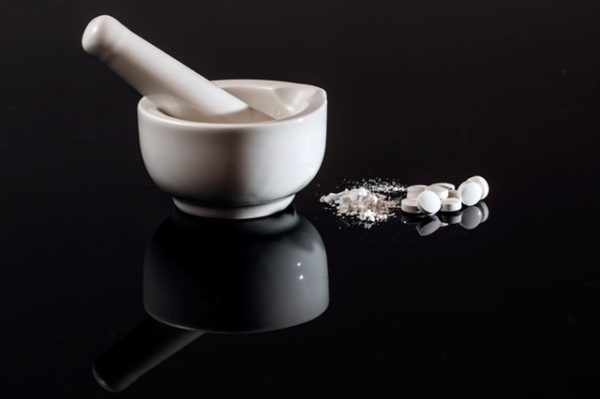Mark Gilmore, partial-owner of Maitland, Florida compound pharmacy QMedRX, has agreed to pay the government $4.25 million to resolve allegations that he violated the False Claims Act. The United States alleged that QMedRx knowingly billed federal healthcare programs, namely TRICARE, for services that were not reimbursable because the compounded medications were tainted within the meaning of the Anti-Kickback Statute. Other owners of QMedRX, Andy Miller, Tracy Miller and the Healthmark Investment Trust, previously agreed to pay $7.75 million to resolve similar allegations stemming from the case.
According to a Department of Justice Press Release issued October 21, 2016, this case was developed through an initiative to track and prosecute compound pharmacies that submitted millions of dollars in improper claims to the TRICARE program. The government estimates that up to $2 billion of tainted and unnecessary compound prescriptions had been submitted to and paid by the government. In the Middle District of Florida, the government has recovered almost $70 million in fines and penalties over the past 18 months.
“This settlement is yet another example of the continuing commitment of the Defense Criminal Investigative Service (DCIS) and its law enforcement partners to protect the integrity of the Department of Defense (DoD) health care program,” said Special Agent in Charge John F. Khin, Southeast Field Office. “As one of our top priorities, DCIS aggressively investigates health care fraud that harms the DoD, to ensure the best use of precious taxpayer dollars needed to provide critical care for our Warfighters, their family members, and military retirees.”
Compound pharmacy fraud is a major threat to government programs such as TRICARE, as well as private insurance, primarily because of the highly inflated prices that compound pharmacies charge for often simply re-packaged medication. For instance, in another criminal case involving Florida compound pharmacy fraud the co-conspirators received up to $31,000 for one tube of compounded cream medication.
With compounding fraud cases on the rise, whistleblowers coming forward with information regarding these types of fraudulent schemes are necessary to stamp out this dangerous and wasteful fraud. Under the qui tam provisions of the False Claims Act, whistleblowers with information about compounding pharmacy fraud against the government may bring a civil case on behalf of the United States. If successful, the government can recover three times the amount the defendants fraudulently billed the government. The whistleblower, who originally filed the case, is entitled to 15-30% of the government’s recovery as well as their attorney’s fees.






Talk with an Expert
Frohsin Barger & Walthall
Call 205.933.4006 or
Send us a Message